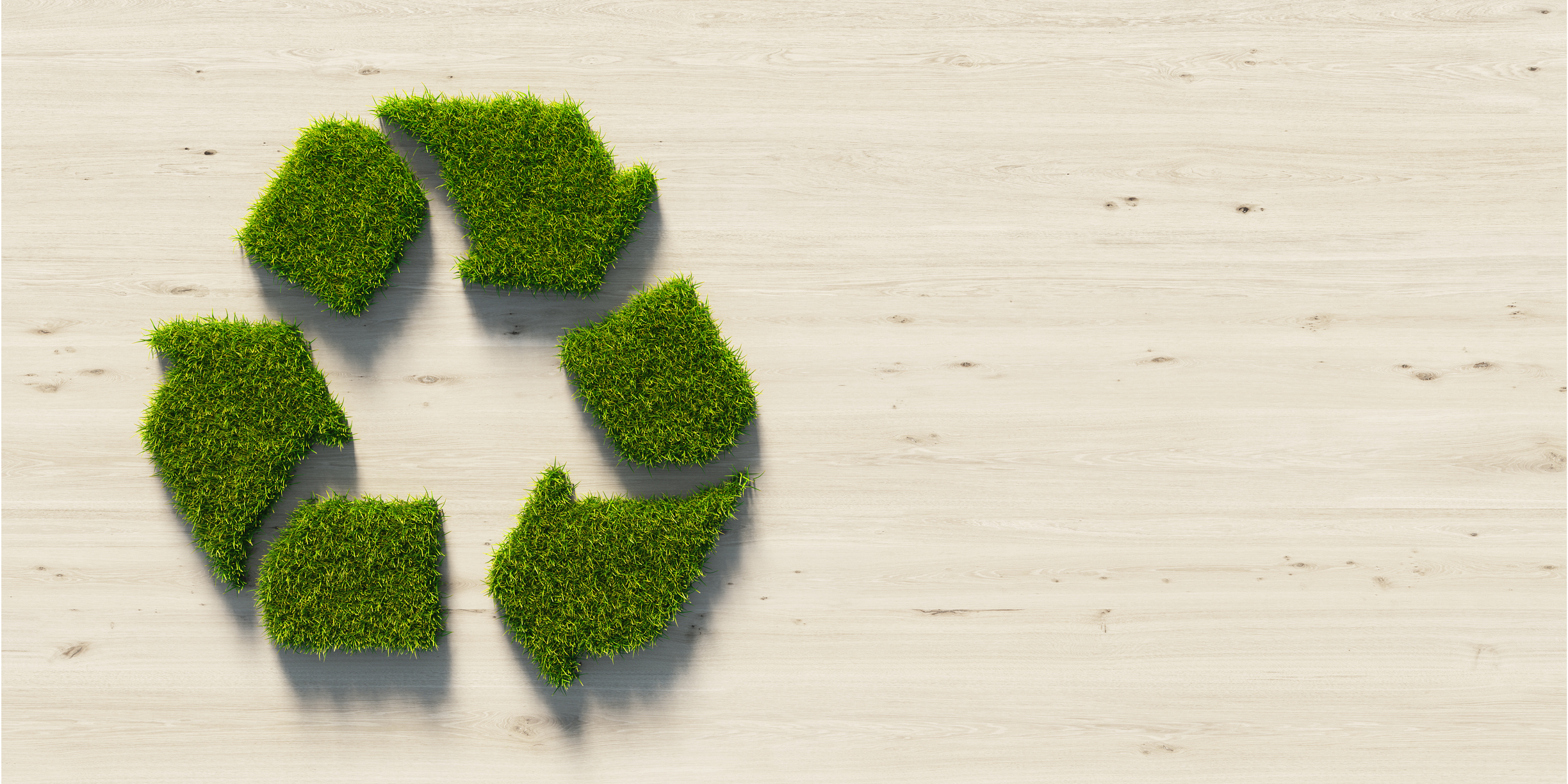
For the fifth year in a row, Ecostore has come out on top of the unprompted list of sustainable brands in New Zealand.
The Colmar Brunton Better Futures report, released this week, asked New Zealanders which brands were leaders in sustainability and Ecostore was again mentionedby those surveyed as being leaders in sustainability. Furthermore, when prompted, eighty-three percent of those surveyed named Ecostore as a leading sustainable brand in New Zealand.
Ecostore’s managing director Pablo Kraus said: “While we are thrilled to appear top of the unprompted list for the fifth year in a row, New Zealand needs more companies championing sustainability. We are the only New Zealand company making all of our bottles from sugar plastic despite the significant advantages to the environment by switching, including reducing carbon from the environment. We are all in this together and corporates, particularly large corporates, need to lead the way.”
When asked to name the issues New Zealanders cared about the most, the top environment or social concern was plastic waste – seventy-two percent of Kiwis are concerned about the build-up of plastic waste in the environment. For the first time in 10 years, more than half of those surveyed expressed a high level of concern about climate change.
“We are committed to tackling the plastic problem, hence our significant capital investment in sugar plastic and making household cleaning and personal care products that are safer for Kiwis, their families and the planet. This has been our approach since we launched in 1993. This philosophy goes hand in hand with ensuring we create packaging that is as sustainable as possible. As a manufacturer of home cleaning and personal care products, it’s a responsibility we take very seriously.”
Ecostore has committed to working towards an ambitious set of targets in the fight to beat plastic pollution. Locally, Ecostore has signed the New Zealand Plastic Packaging Declaration, and globally, the company has signed ‘A Line in the Sand – a Global Commitment’ to tackle plastic pollution, driven by the Ellen MacArthur Foundation – global leaders in the Circular Economy and addressing the plastic issue the world currently faces.
The report also suggests New Zealanders are ready for a deeper commitment to environmental stewardship and are ready to take action to protect and preserve the Earth’s environment – four in 10 New Zealanders are highly committed to living sustainable lifestyles.
“All our products are plant-based making them suitable for greywater and septic tanks to avoid endangering our waterways, and our packaging solution can help to combat climate change. Since moving to sugar plastic in 2014, we’ve saved 4,485 tonnes (and counting) of carbon from being released into the air.
“Our sugar plastic bottles are also 100% recyclable, so they can be remade into new bottles. But we know that plastic that’s not recycled properly ends up in landfill or polluting our oceans and waterways, so we have been working toward the elimination of plastic bottle waste by implementing refilling stations – we now have more than 60 refilling locations around New Zealand.”
In one year, Kiwis have refilled bottles with over 30,000 litres of the company’s cleaning and personal care products – that’s the same size as a home water tank. With every bottle refilled that means one less bottle is produced.
Kraus said it’s disappointing to see that only one per cent of those who buy lunch use reusable containers all the time. Ecostore encourages people to bring in their reusuable containers to its refill stations as much as possible, giving shoppers the option to refill anything from personal care products such as shampoos and body washes to laundry detergent and other house cleaning products.
“If more consumers move away from single-use products in favour of refills, then we can significantly reduce packaging waste. If consumers don’t have access to a refill station, another viable alternative is buying products in bulk, limiting necessary packaging while providing a greater value to consumers. When reusing or refilling are not possible options, recycling is the next best way to help manage the waste.”
Comment below to have your say on this story.
If you have a news story or tip-off, get in touch at info@13.238.154.125.
Sign up to INCLEAN NZ’s newsletter.